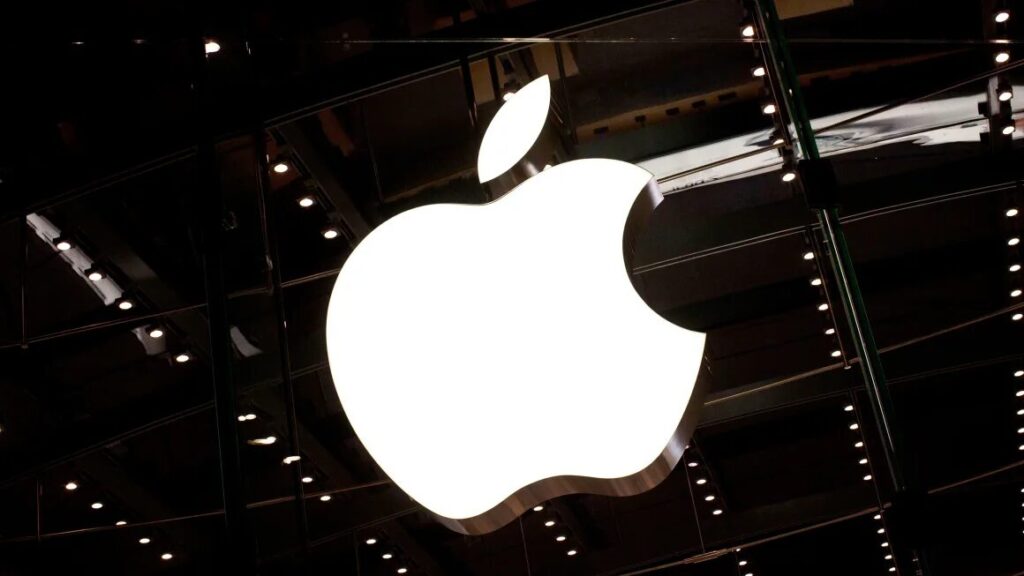Why a Logo is Important for Your Business
Logos play a crucial role in making a first impression as they are often the first visual element that people encounter when interacting with a brand or company. A well-designed logo can convey the essence of a brand, its values, and its personality in a single glance.
A logo should be unique and memorable, allowing it to stand out from competitors and leave a lasting impression on potential customers. For example, the Nike swoosh logo is simple yet instantly recognizable, representing the brand’s athletic and dynamic image.
The colors used in a logo can also evoke certain emotions and associations. For instance, the red and white Coca-Cola logo is associated with happiness and refreshment, while the blue and white IBM logo conveys trust and reliability.
The typography used in a logo can also contribute to its impact. Different fonts can convey different messages, such as a bold and modern font for a tech company or an elegant and sophisticated font for a luxury brand. In this article, we are going to discuss what the logo is and its in-depth guide.
What is a logo?
A logo is a visual representation or symbol that is used to identify a company, brand, or organization. It is a unique design that helps to create a recognizable and memorable image for the entity it represents.
Logos are typically created using a combination of typography, colors, shapes, and images to convey the essence and values of the brand.
They serve as a visual representation of the company’s identity and are often used on various marketing materials, products, and digital platforms to establish brand recognition and build trust with consumers.
A well-designed logo can effectively communicate the personality, professionalism, and purpose of a brand, making it an essential element in the world of business and marketing.
What makes a good logo?
A good logo should be versatile and adaptable to various color schemes and backgrounds. It should be able to work in both color and black and white, allowing for flexibility in different applications.

The Apple logo is a prime example of a versatile design, as it can be displayed in various colors or as a simple silhouette, while still maintaining its recognizable shape and identity.
Moreover, a good logo combines simplicity, uniqueness, relevance, scalability, timelessness, and versatility to create a visual representation that effectively communicates a brand’s identity and resonates with its target audience.
Importance of a logo for your brand
Let’s discuss the importance of a logo design that makes your brand unique in detail.
Create an initial impact
The initial impact of a logo is crucial in shaping the first impression. A logo has the power to convey the essence of a brand, capturing its identity and values in a single visual representation.
It serves as a visual cue that instantly communicates the nature of a business, evoking emotions and associations in the minds of viewers. A well-designed logo can create a sense of professionalism, trustworthiness, and credibility, while a poorly executed one may leave a negative impression.
Therefore, it is essential to carefully consider the design elements, color palette, and typography when creating a logo to ensure it makes a positive and lasting first impression.
Assist you in being noticed in a group
A well-designed logo can greatly assist in distinguishing your brand from others in a crowded marketplace. It serves as a visual representation of your company’s identity and helps create a memorable impression on potential customers.
By incorporating unique elements and thoughtful design, a logo can effectively communicate your brand’s values, personality, and offerings, making it easier for people to recognize and remember your business amidst the competition.
Formulate your brand’s identity
A logo plays a crucial role in shaping the identity of your brand. It serves as a visual representation that helps customers recognize and remember your brand.
A well-designed logo can convey the essence of your brand’s values, personality, and purpose. It creates a unique and memorable image that distinguishes your brand from competitors and leaves a lasting impression on your target audience.
A logo is not just a simple graphic; it is a powerful tool that formulates and communicates your brand’s identity effectively.
Create a tool for strategic branding
A well-designed logo can convey the essence of your brand’s values, personality, and purpose. It creates a unique and memorable image that distinguishes your brand from competitors and leaves a lasting impression on your target audience.
A logo is not just a simple graphic; it is a powerful tool that formulates and communicates your brand’s identity effectively.
Essential logo elements?
Let’s see effective logo elements.
Color
Color is an essential element in logo design for several reasons. Firstly, color has the power to evoke emotions and create a strong visual impact. By carefully selecting colors that align with the brand’s personality and target audience, a logo can effectively communicate the desired message.
For example, a vibrant and energetic color palette may be used for a logo representing a youth-oriented brand, while a more muted and sophisticated color scheme may be chosen for a luxury brand.
Moreover, color can enhance the overall design and composition of a logo. By using contrasting colors or creating a harmonious color scheme, a logo can become visually appealing and memorable.
For instance, the use of complementary colors in the logo of FedEx (purple and orange) creates a sense of balance and adds visual interest.

Images
Images are crucial elements in a logo because they can convey a message or evoke emotions more effectively than text alone.
For example, the Nike swoosh logo is a simple image that represents movement, speed, and athleticism without the need for any words.

Typography
Typography is a crucial element in logo design because it helps convey the brand’s personality and message. The choice of font, style, and arrangement of text can greatly impact how the logo is perceived by the audience.
For example, a sleek and modern font may be used for a technology company to convey innovation and sophistication, while a playful and whimsical font may be more suitable for a children’s brand to evoke a sense of fun and creativity.
Typography plays a key role in creating a memorable and effective logo that resonates with the target market.
Tagline
A tagline is an essential element of a logo because it helps to convey the brand’s message and values concisely and memorably.
It serves as a short and catchy phrase that accompanies the logo, providing additional information about the company or product.
A well-crafted tagline can create brand recognition, differentiate the business from competitors, and leave a lasting impression on customers.
For example, Nike’s tagline “Just Do It” perfectly encapsulates their brand ethos of determination, motivation, and athleticism, instantly connecting with their target audience and reinforcing their brand identity.

How is a logo different from branding?
A logo is a visual symbol or mark that represents a company or product, while branding encompasses the overall perception and reputation of a company.
For example, think of Apple – their logo is a simple apple with a bite taken out of it, but their branding goes beyond just the logo.
It includes their sleek product design, minimalist packaging, and innovative marketing campaigns that all work together to create a specific image and feeling associated with the brand.
Craft a unique logo design for your company
Creating a distinctive logo for your business is essential for establishing a strong brand identity and making a lasting impression on your customers.
A well-designed logo can help differentiate your business from competitors, convey the values and personality of your brand, and build trust and recognition among your target audience.
When designing a logo, it’s important to consider factors such as color, typography, and imagery that reflect your brand’s unique identity and resonate with your target market. A logo should be simple, memorable, and versatile enough to be used across various marketing materials and platforms.
To create a distinctive logo for your business, you may consider working with a professional graphic designer who can bring your vision to life and ensure that your logo effectively communicates your brand message.
Alternatively, you can use online design tools and resources to create a logo yourself, keeping in mind the importance of originality and creativity in the design process.
Ultimately, investing time and effort into creating a distinctive logo for your business can pay off in the long run by helping you stand out in a crowded marketplace and build a strong brand presence that resonates with your customers.
At Rainx we provide excellent logo designing services that make your brands look unique in the market.










